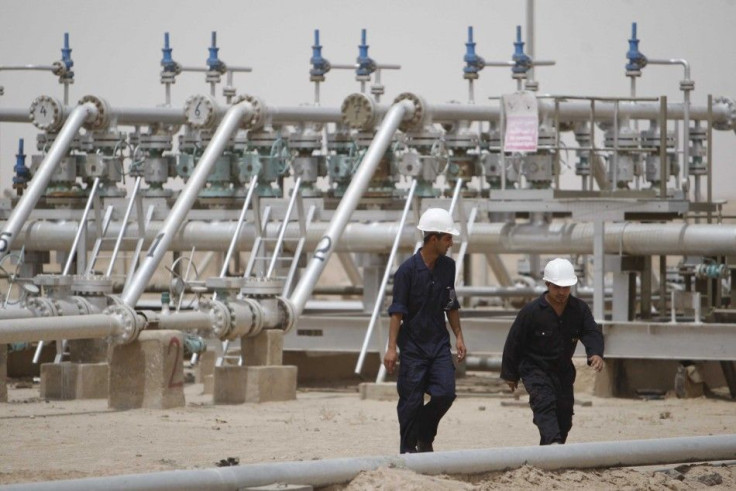OPEC meeting fails, Saudi defiant

On Wednesday, an OPEC meeting ended with a failure to reach any agreement to increase oil production. Oil prices immediate jumped due to supply shortage concerns.
However, they might not stay high for long.
The meeting failed because the members were sharply divided into two camps. One side, led by Saudi Arabia, wants to increase oil production. Another, led by Iran, wants to stay put. The inability to compromise failed to produce any action, hence the lack of new or higher output quotas.
Nevertheless, Saudi Arabia has indicated that it is willing to defy OPEC quotas and unilaterally increase production.
“Let the buyers come and we will supply them with what they want, whatever they need,” said Saudi Arabia’s oil minister, Ali al-Naimi, reported Platts.
OPEC, like any other cartel, is only as strong as its members’ willingness to stick to quotas. The fact that its largest member will probably break ranks just dealt it a death blow.
OPEC had a good run for several decades when the prevailing condition was mostly the existence of excess capacity (relative to demand) in many oil-producing countries. Now, the reality is countries like Iran are already producing near capacity while countries like Saudi Arabia are able to and want to produce more (and make more money).
When push comes to shove, the big Gulf producers couldn’t care less about the integrity of OPEC and the plight of other OPEC members who don’t have the capacity to increase their own productions and will therefore see lower revenues.
© Copyright IBTimes 2025. All rights reserved.





















